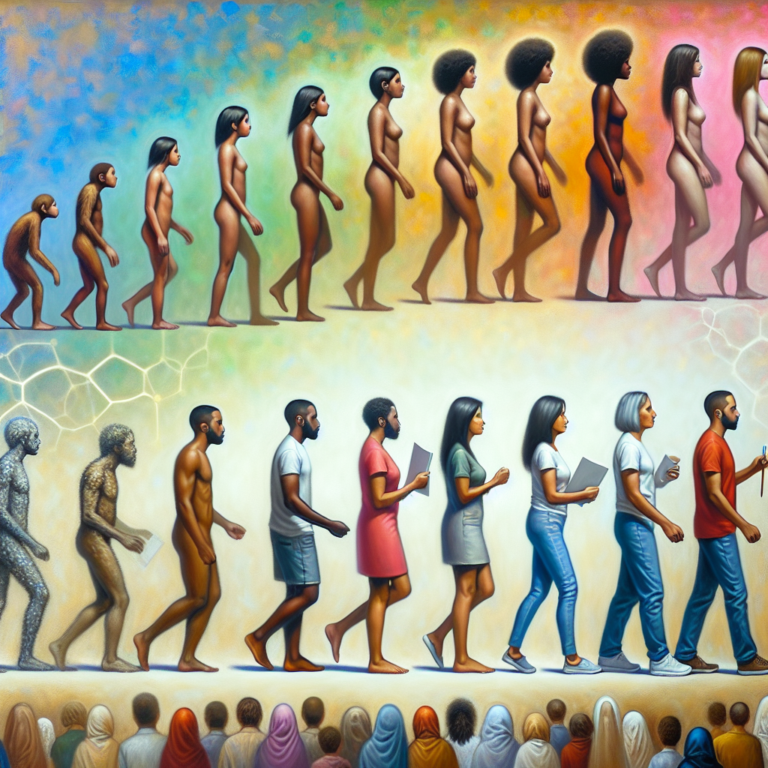Karma is one of those concepts that has transcended cultural boundaries and found a place in the collective consciousness of humanity. Originating from ancient Indian philosophy and religion, karma is often associated with the law of cause and effect, suggesting that every action has corresponding consequences. But beyond this basic understanding, karma encompasses a multitude of interpretations, philosophies, and implications that can shape our lives, beliefs, and actions. In this article, we will explore various perspectives about karma, its implications, and answer some frequently asked questions.
What is Karma?
At its core, karma refers to the belief that every action we take has consequences that will eventually come back to us—whether good or bad. The Sanskrit word "karma" translates to "action" or "deed," emphasizing the ethical dimension of our choices. While the concept is prominent in Hinduism and Buddhism, similar ideas can be found in other spiritual traditions, suggesting a universal understanding of the interconnectedness of actions and outcomes.
Types of Karma
Sanchita Karma: This is the accumulated karma from all past actions over multiple lifetimes. It is the totality of one’s deeds that one has yet to experience the consequences of.
Prarabdha Karma: This refers to the portion of karma that is currently being experienced. It is often viewed as an individual’s destiny and is shaped by past actions that have come to fruition in the present life.
Kriyamana Karma: This type of karma involves actions that are being performed in the present moment. It highlights the importance of current choices and how they shape the future.
- Aagami Karma: This form represents the karma that will manifest from the current actions, becoming either future blessings or burdens.
Modern Interpretations of Karma
While karma has deep philosophical roots, it has also evolved in modern times. Many people understand karma as a principle of morality: "What goes around comes around." This simple phrase distills a complex philosophy into a digestible mantra, often used to justify one’s belief in cosmic justice.
Karma has also made its way into popular culture and has been referenced in songs, movies, and self-help literature. Whether through expressions like "bad karma" or "good karma," people often use the term to explain the outcomes of interpersonal relationships and life situations.
The Law of Attraction and Karma
The Law of Attraction—a popular concept that argues that positive or negative thoughts bring positive or negative experiences into a person’s life—shares overlapping themes with karma. While karma emphasizes actions and their consequences, the Law of Attraction focuses more on the power of thought and intention. Both concepts promote individual responsibility, encouraging people to be mindful of their actions and thoughts.
The Science of Karma
While karma may seem like a spiritual or metaphysical concept, some aspects can be examined through a scientific lens. Psychology, for instance, studies the impact of behavior on emotional well-being. Research shows that acts of kindness and compassion can lead to increased happiness and fulfillment, suggesting that positive actions can lead to beneficial outcomes—not just spiritually but psychologically as well.
Additionally, the ripple effect of one’s actions can have profound influences on community and society. The cumulative effects of individual actions can foster environments of positivity or negativity, affecting the collective wellbeing.
Karma and Relationships
In human relationships, the principles of karma can play a significant role. Whether dealing with friendships, romantic partnerships, or familial bonds, the dynamics often reflect karma’s teachings about reciprocity. Acts of kindness and generosity tend to foster stronger relationships, while negative actions can lead to conflicts and resentment.
People often recount stories of "karmic relationships," which are intense and transformative connections that challenge individuals to grow and evolve. These relationships can be seen as opportunities for learning and healing, emphasizing the interconnected nature of our journey on earth.
FAQs About Karma
1. Is Karma always immediate?
Karma does not always work on an immediate timeline. The effects of an action may not manifest right away and can sometimes take years to become apparent. People believe that what we experience in our lives now may be the result of actions taken in this or previous lifetimes.
2. Can you change your karma?
Yes, karma is not a fixed state. Individuals have the power to change their karma through conscious choices and positive actions. Engaging in kindness, compassion, and selflessness can create positive karma, while negative actions can lead to suffering.
3. How do different cultures understand karma?
While karma is primarily associated with Indian religions, many cultures express similar concepts. For instance, the idea of “justice” in Western philosophy and the notion of “moral reciprocity” in various spiritual traditions echo the fundamental principles of karma.
4. What can I do to create good karma?
Creating good karma involves practicing kindness, compassion, honesty, and integrity in your actions. Acts of selflessness, helping others, and engaging in positive behaviors contribute to your karmic balance.
5. Is karma a form of punishment?
Karma is often misunderstood as punishment, but it is more accurately described as a natural law of cause and effect. The consequences of one’s actions can be seen as opportunities for growth and learning rather than punishments.
6. Can negative karma be erased?
While negative karma can’t be "erased," it can be mitigated through positive actions and intentions. Engaging in good deeds, seeking forgiveness, and genuinely changing your behavior can create a more favorable karmic outcome in the future.
Conclusion
Karma is a complex and multi-faceted concept that invites us to reflect on our actions and their consequences. It serves as a moral compass, encouraging individuals to act responsibly and cultivate a sense of interconnectedness with others. Whether understood through spiritual, psychological, or philosophical lenses, karma reinforces the idea that our lives are woven together by the choices we make every day. Understanding karma can ultimately help us navigate our relationships and experiences, fostering a more compassionate and responsible approach to life.
It seems you might be looking for a prompt or a topic to discuss! Could you provide a bit more detail about the type of prompt you need? For example, are you looking for writing prompts, discussion topics, creative ideas, or something else? Let me know how I can assist you!, #Headlines #Karma, #Headlines #Karma, 1735604056, headlines-about-karma





